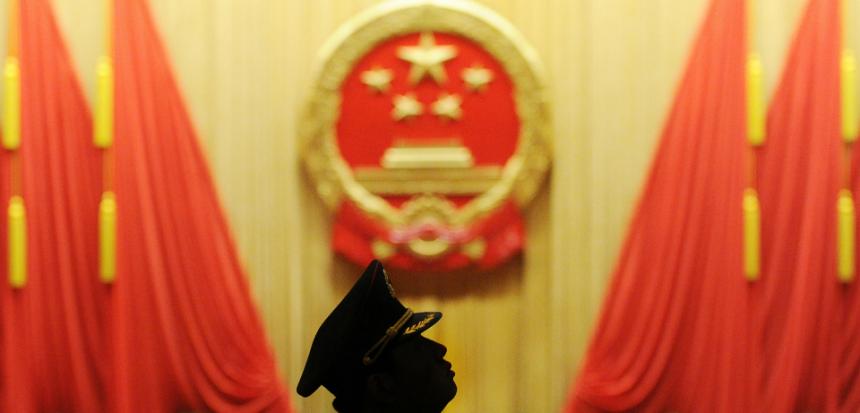Foreign Policy’s Isaac Stone Fish explores the argument, proposed by former Mexican ambassador to China Jorge Guajardo in January, that the end of the Institutional Revolutionary Party (PRI)’s monopoly on power in Mexico offers more apt lessons for the CCP than the fall of the Soviet Communist Party. China’s current rulers seem to view their own fall from power as an apocalyptic scenario; but the PRI’s survival of its ousting and its subsequent re-election offer alternative prospects.
[… T]he CCP continues to fixate on comparisons with the shambolic USSR. A six-part party-made documentary about the Soviet Union’s collapse, based on a 2012 book, has recently been shown at dozens of political meetings. The movie begins with a narrator warning, “On the eve of the 20th anniversary of the death of the Soviet Union and its party, we are walking on the same ground.” And in a December 2012 speech, Xi reportedly told party insiders. “Why did the Soviet Union disintegrate? Why did the Soviet Communist Party collapse? An important reason was that their ideals and convictions wavered.” But by obsessing over the USSR, “I think they’re looking at the wrong example,” says Jorge Guajardo, who served as Mexico’s ambassador to China from 2007 to 2013. In hindsight, he told Foreign Policy, “living in China on a daily basis felt like living in Mexico under the PRI.”
Guajardo remembers watching the celebrations for the 60th anniversary of the Chinese Communist Party on Oct. 1, 2009, held on the Avenue of Eternal Peace in central Beijing. The celebrations – meant to communicate longevity and legitimacy – featured a military parade of 10,000 troops, where then-Chinese President Hu Jintao declaimed the oft-spoken slogan “gongchandang wansui”– literally, “Ten thousand years for the CCP.” The CCP’s confidence – and that of his fellow ambassadors, who seemed to believe that that the CCP would govern in perpetuity – reminded Guajardo of the PRI. “Everyone agreed that Mexico was governed by one party, and that it would be that way forever,” he said. (In 1995, Guajardo joined the opposition National Action Party [PAN], whose victory in the 2000 elections ended the PRI’s monopoly on power.) [Source]








